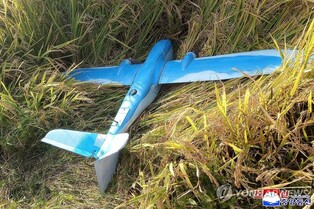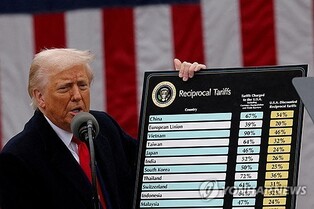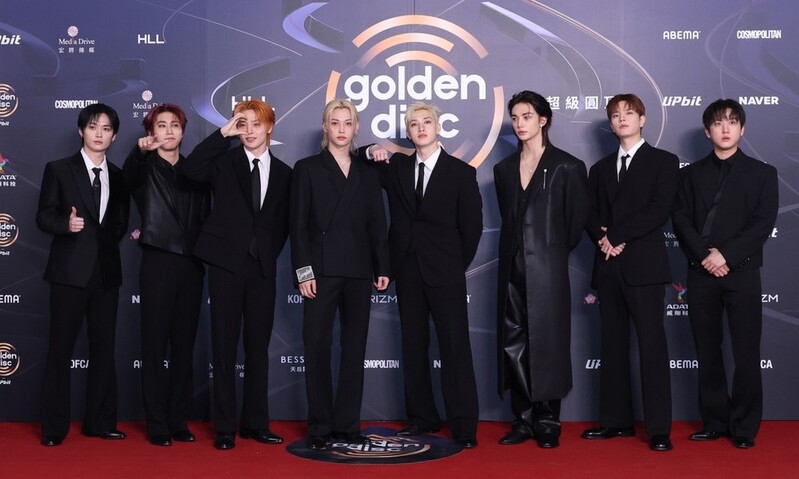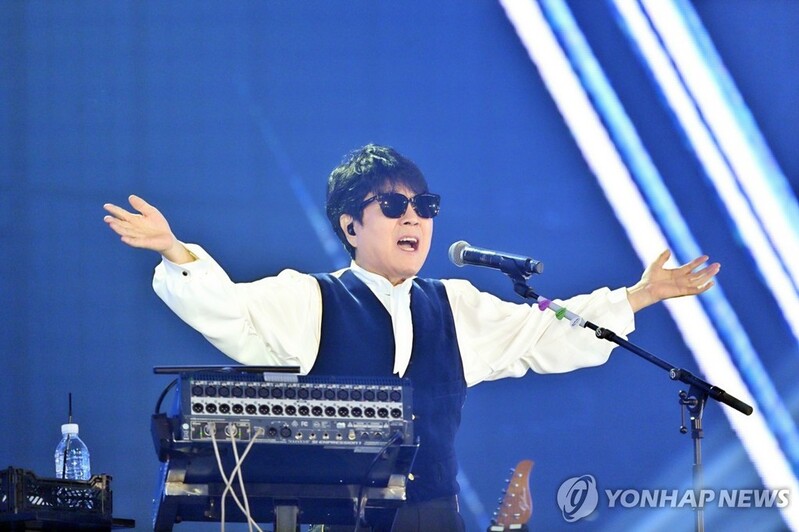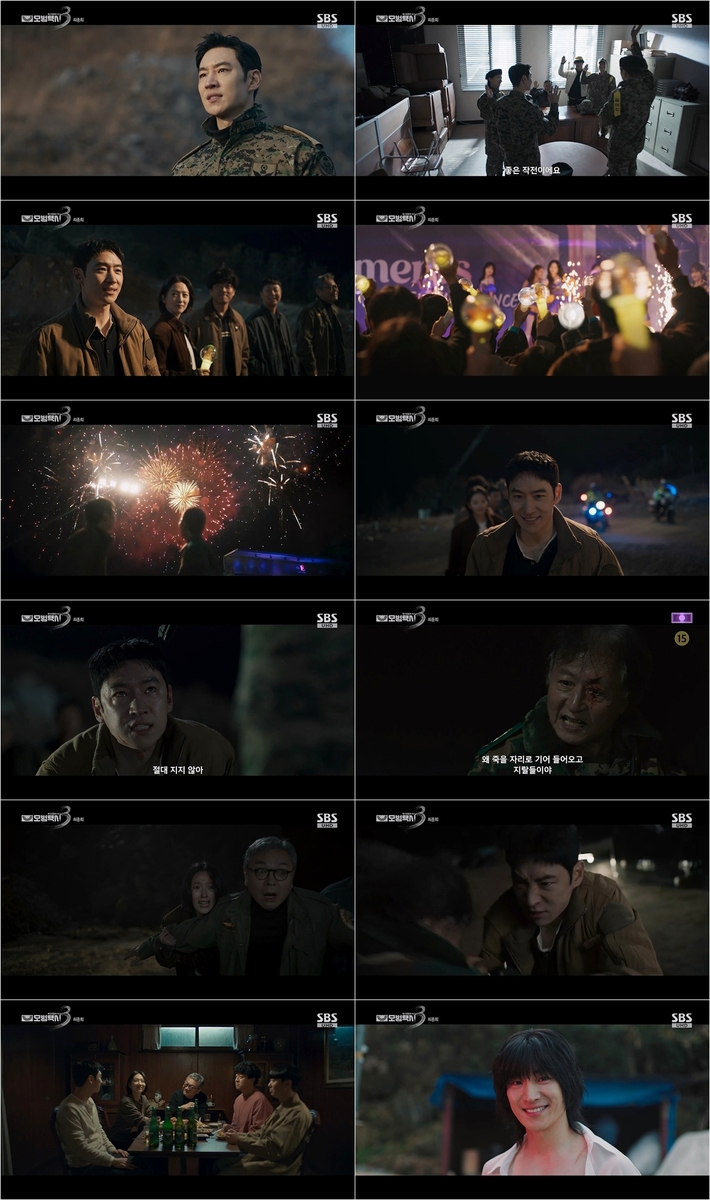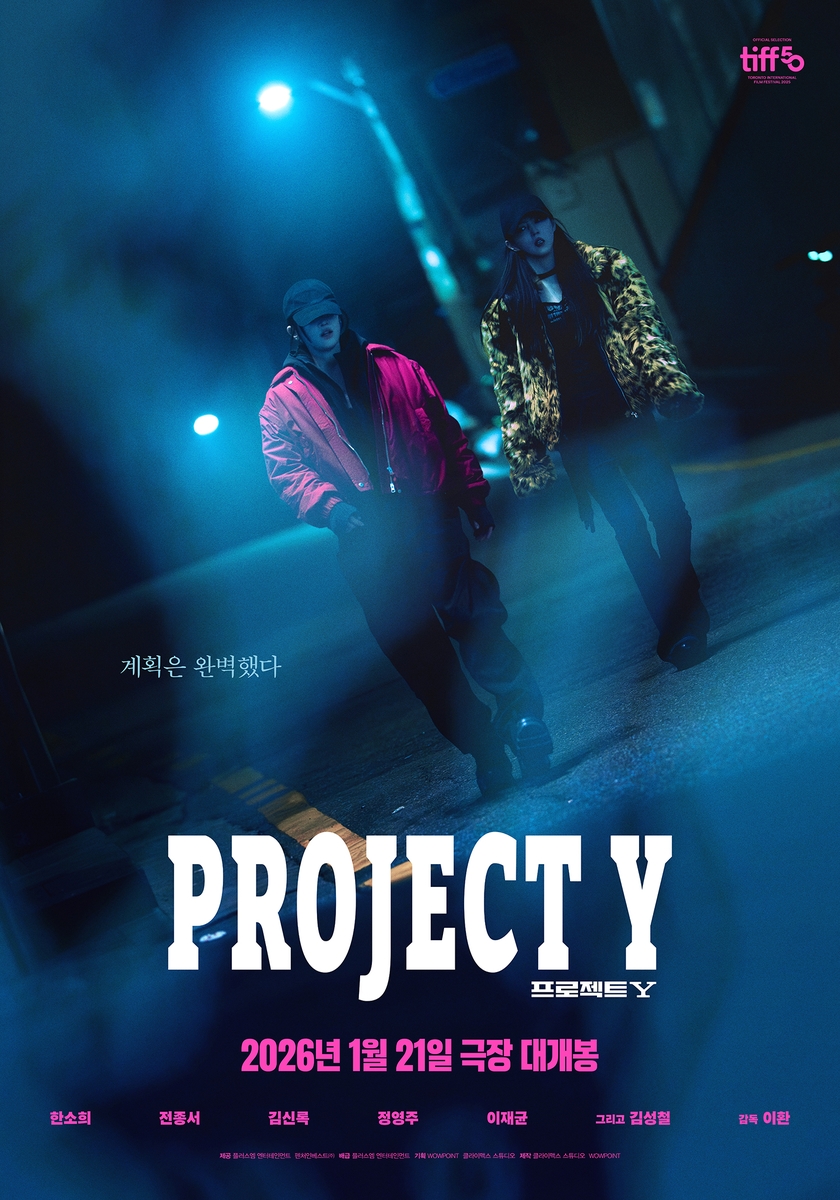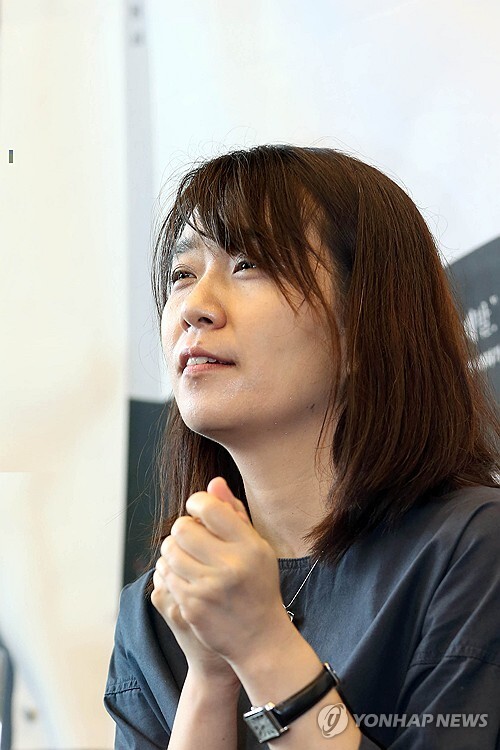 |
| ▲ |
SEOUL, Oct. 11 (Yonhap) -- As novelist Han Kang was named the first South Korean writer to win the Nobel Prize in Literature on the 10th, the literary world celebrated, describing the achievement as "an honor for Han Kang and a global recognition of Korean culture."
Lee Kwang-ho, a literary critic and the head of the publisher Munhakdongne, remarked, "Korean literature was once considered peripheral in the world literary scene. This award signifies that, amidst a trend of global attention towards Asian women's voices, Korea is no longer a literary outlier but has taken its place at the center of world literature." He added, "Han Kang, who began as a poet, brings a feminine imagination and poetic narrative style to her novels, exploring themes of human suffering and beauty. The emergence of skilled translators for her works signifies the elevated stature of Korean literature."
Kim Hwa-young, a literary critic and professor emeritus of French literature at Korea University, commented, "This Nobel Prize for a Korean writer holds tremendous significance. In a sense, it's like the 'BTS of the literary field,' a major event reflecting the global interest in Korea's cultural strength." He further noted, "Han Kang's strength lies in her unique narrative that addresses various issues faced by Koreans from a female perspective, a literary world that draws global attention."
Literary critic Yoo Jong-ho also highlighted Han's achievements, saying, "Han Kang has left a deep impression on the global literary scene, winning the Booker Prize and the French Médicis Prize. In a time when K-pop, films, and dramas from Korea are gaining worldwide acclaim, this award is not only a personal triumph for the author but also global recognition of Korean culture. It's a moment for us all to celebrate."
Writer and critic Jung Yeo-ul praised Han Kang's works such as Human Acts and No Goodbye for illustrating how individuals can hold profound significance within history. Jung said, "The brilliant protagonists of Han's novels may seem fragile from a distance, but up close, they exude strength. Han Kang herself has lived a life dedicated to literature, focusing solely on her writing. Her notable works have reached readers worldwide as stories of healing and empathy, which is profoundly meaningful."
Critic Heo Hee also emphasized the depth of Han's exploration of human emotions, saying, "Han's detailed introspection into the inner lives of people and her exploration of human emotions have defined her work. With Human Acts, she faced the Gwangju Uprising head-on, and in No Goodbye, she tackled the state violence of the Jeju 4·3 Incident. Starting with The Vegetarian, her consistent theme of resistance to violence has evolved into a deeper engagement with Korean history." He added, "The Nobel Prize often considers a writer's reflection on historical depth, and it seems that the Nobel Committee recognized the significance of her thematic focus."
Writer Jeong Se-rang expressed her joy upon hearing the news, saying, "Given Han's consistently outstanding work, this comes as no surprise—it's just sheer joy. I hope this award will lead to a broader global readership for her books."
Publishers of Han Kang's works also swiftly spread the news. Changbi, which published Human Acts and The Vegetarian, announced on social media, "Han Kang, who has built a unique literary world and moved the world, has become the first Korean Nobel Prize laureate in literature." Munhakdongne, publisher of Greek Lessons and The White Book, introduced the Nobel Committee's reasoning: "For her powerful and poetic prose that confronts historical trauma and reveals the fragility of human life." Writers Gu Byeong-mo and Kim Cho-yeop also shared their congratulations on social media, with Gu calling the recognition "a beautiful combination of words" and celebrating Han as "the first Asian woman to win."
The Literature Translation Institute of Korea noted, "This is the fruit of continued efforts to introduce Korean literature to the world and symbolizes the fact that Korean literary works have touched readers across the globe." Han Kang's works, with support from the institute, have been translated into 28 languages and published in a total of 76 editions worldwide.
(C) Yonhap News Agency. All Rights Reserved








